I can't test this myself, because there is no way to completely terminate subscription, apparently.
So, I want to test the following use case: user buys subscription, cancel's it (or it expires), than user buys same subscription.
What will I get with RESTORE_TRANSACTIONS response? Will I get two items with same item id, different purchase tokens and different state? Or purchaseToken will remain the same? I'm afraid that there will be only one subscription with different order ID and purchase token, and the information on previous subscriptions will be lost, but I can't confirm it right now. Also, will orderId be changed with every recurring purchase inside a subscription?
Why I need this - subscription will supply user with new content daily, so when user cancel subscription (subscription A) and later buys a new one (subscription B) I need to show to user content released during time-frame of subscription A,and content in a time-frame of subscription B, but not the content released in period used didn't had active subscription.
